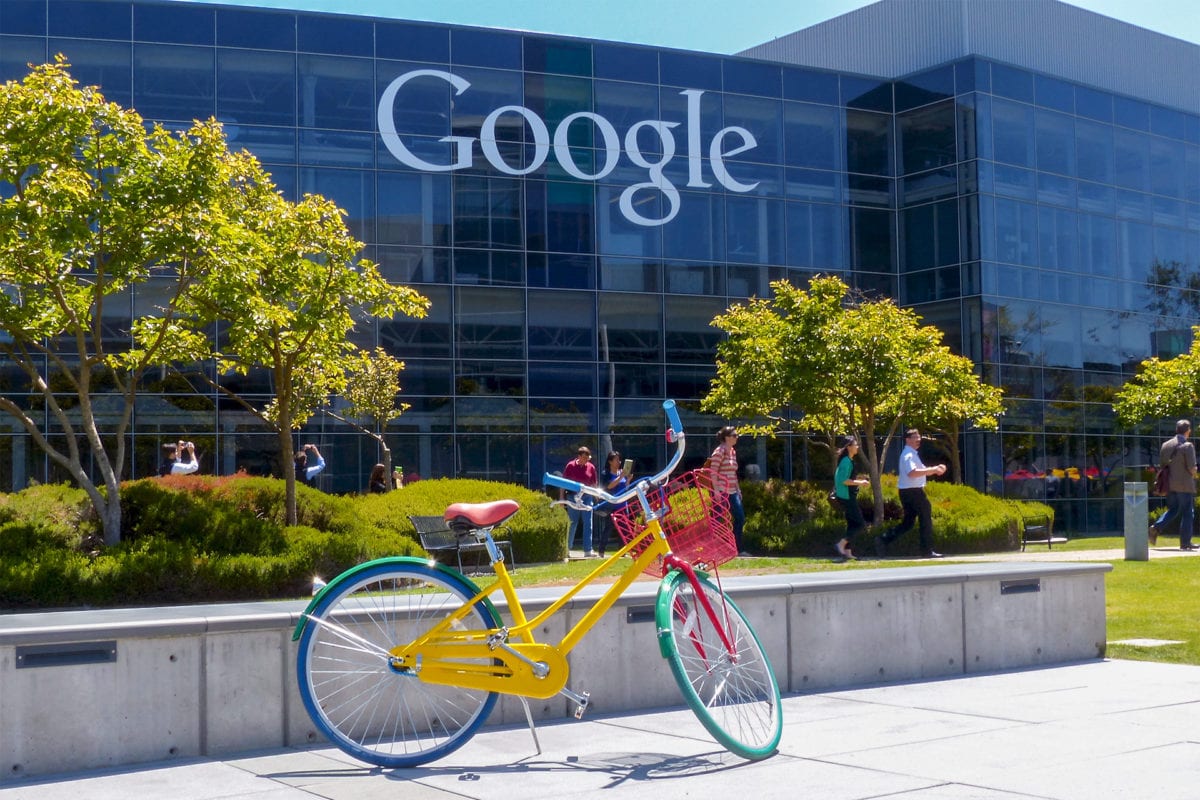The notion of a utopian society powered by artificial intelligence (AI) is what Abacus.AI founder, Bindu Reddy envisions for the future. Be it fraud detection or playlist recommendations, Reddy’s Abacus.AI uses plug-and-play AI tools that customers can use to create deep-learning models. In short, it is artificial intelligence that creates artificial intelligence. In November 2021, Abacus announced a $22 million Series B round, rounding the total money raised to $40.3 million. The Edge, A Leader’s Magazine spoke to Reddy about AI’s potential and risks.
Can you elaborate on the potential that AI as a technological innovation encompasses? Thus far, how much potential have humans uncovered?
I sometimes compare the potential of AI to the potential of the internet itself. Twenty years ago, not a lot of people imagined how transformational the internet has been and can be. If you think about it, the internet has completely transformed our lives.
Today, after the pandemic, there is no way we’d have all been working together, [and] there is no way the economies of all the countries around the world would not have crashed, if not for the fact that we can connect with each other regardless of where we are.
In so many ways, if you look at humanity itself, electricity and the internet are the two big revolutions we’ve had. [I think] the next big one is going to be AI.
Sooner or later, in the next decade or two, you’re going to see AI taking over a lot of things that humans do, and when AI does, I think generally that’ll be good for humanity. It’ll help us focus on the things that we want to do as opposed to what we have to do. It’ll help us become more creative. I, for one, imagine an AI-powered utopia.
Obviously, some people might have some concerns with that. What obstacles does your company face in improving awareness and adoption of AI technologies?
I feel all technology can be used for good. Obviously, some technology can be more dangerous. Usually, that’s a factor in how powerful the technology is. I feel like AI is very similar. You’ve got deep fakes. You’ve got misinformation. You’ve got biases. All of these are the cons of AI. [But] there’s a lot of projects across the board around ethical AI — AI for good.
Also, you will see corporations — especially the ones who are over a trillion dollars in market cap — their very existence depends on making sure their AI is good. There are incentives to fix the problems, in some ways. Like it or not, it’s in Facebook’s [interest] to fix this outreach problem because they’re going to have a revolt on their hands — internally, not externally.
One of the things we have tried to do at Abacus is say, “Hey, let us do what we really believe in. Let us build a product that makes sense for our customers, and if the product is good, the product will speak for itself.”
As of 2020, women only hold 11 per cent of executive-level positions in Silicon Valley. What do you think is the reason for this? Additionally, what challenges have you had to overcome throughout your career?
I, myself, have had various different positions in Silicon Valley, and I’ve experienced bias. The bias is almost natural if you think about it. Our brains are engineered to expect the expected, so to speak. If you see a woman, she’s unexpected because you’ve got only 11 per cent women.
As to what the reason is, I think it’s twofold. The first is it’s historic. Some of the feminists, I think, would say we live in a patriarchal society. And yes, we do, to some extent, historically. Maybe not so much now. I think a lot of men are a lot more progressive now, but historically, we’ve had a really male-dominated society, especially in the United States.
If you look back, look at our presidents — 45 presidents, all of them men. Look at our Fortune 500 CEOs. That history kind of repeats itself. Once you have a clique or a cabal of a certain type of people, it’s very hard to get new people into that cabal. I would say that’s the biggest problem — the fact that it’s already ingrained that way.
The second big problem is also women. I don’t know if it’s a problem, it’s just that a lot of women don’t choose computer science and STEM. If you look at the number of people, especially in the West — if you look at the people wanting to do computer science or AI, it isn’t a huge percentage.
Then it kind of goes from there. It’s hard to expect the leadership numbers to be much more, so I think it’s a problem of getting women more cognizant of the benefits of AI or CS, and how it can be a great career.
What qualities make up an influential leader, and of those qualities, which apply to your leadership style?
In today’s day and age, you can’t be a manager or leader by being dominating, controlling, or ordering things. The best leaders are the ones who lead by example. As a classic example, I think the most important attribute that I love is that I’m really passionate about what I do. I really care for what I do, so that is setting the example.
The other part of this is leaders should care about culture. You can’t say enough about culture: everything is culture. If you have the right culture among the people you work with, they will instill the right culture in the people they work with, and so on. So, culture has a really great way of being viral in some sense. Generally speaking, in our case, that has to do with working on getting things done, not being political, just focus on the work, don’t get bogged down with backstabbing or making too much money — because the money will come anyway.
Kenny Hedges | Contributing Writer



















